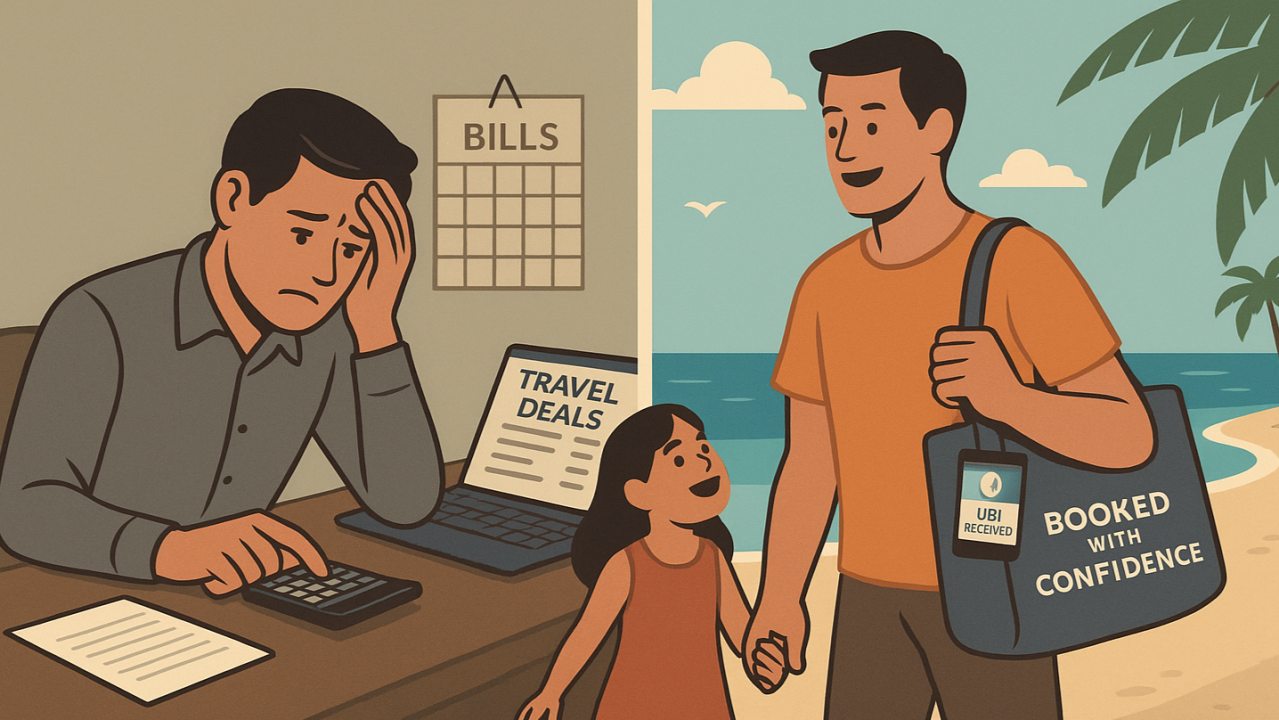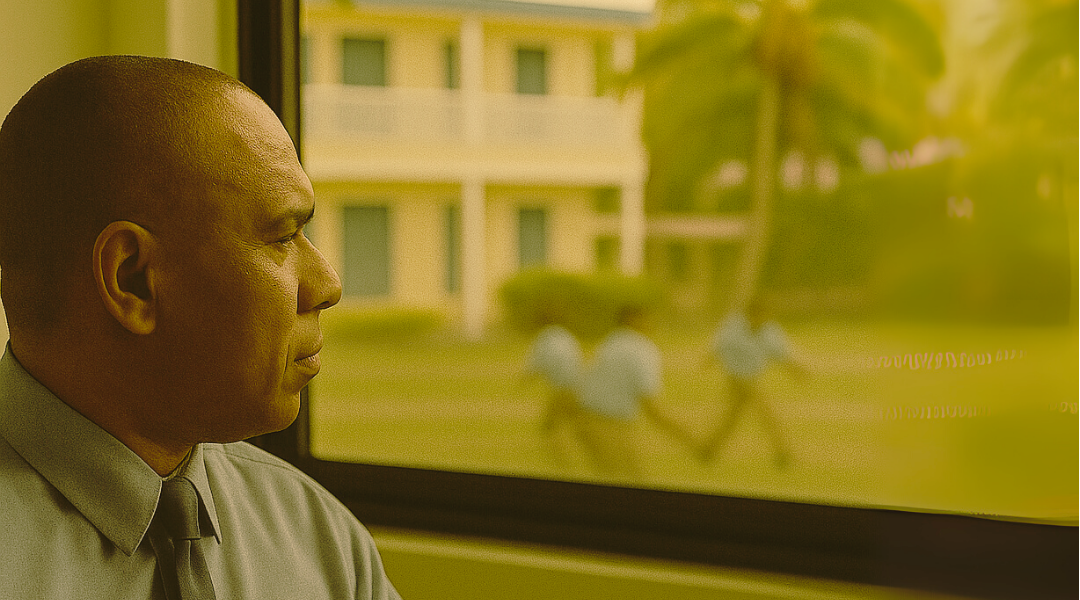Imagine a Caribbean where residents receive a guaranteed income, irrespective of employment status. This concept, known as Universal Basic Income (UBI), could revolutionize both the tourism industry and the broader economy in the region.
A Brief History of UBI
The idea of UBI isn’t new. In the 16th century, Thomas More’s Utopia depicted a society where every person receives a guaranteed income. Later, in the 18th century, thinkers like Thomas Paine and Thomas Spence proposed similar concepts. Paine’s 1797 pamphlet, Agrarian Justice, suggested compensating individuals for the loss of natural inheritance due to private land ownership through a system of payments funded by land taxes.
UBI in the Caribbean Context
In the Caribbean, discussions around UBI have gained traction. For instance, Barbados has considered implementing a UBI system. The government proposed giving citizens a regular stipend, potentially funded by the country’s income, to promote economic parity and alleviate poverty.
Similarly, the Cayman Islands explored the feasibility of a UBI program. A study estimated that providing a $1,500 monthly stipend to all 38,047 Caymanian citizens would cost approximately $57 million monthly, equating to 15% of the government’s GDP.
Potential Impacts on Tourism
1. The Post-Work Tourist
With a UBI in place, individuals might have more flexibility and financial security to travel. This could lead to:
- Longer Stays: Tourists may opt for extended vacations, benefiting local businesses.
- Off-Peak Travel: Increased travel during non-peak seasons, stabilizing tourism revenue year-round.
- Meaningful Engagement: Tourists might seek deeper cultural experiences, fostering authentic interactions with local communities.
2. The Post-Worry Worker
For those employed in the tourism sector, a UBI could provide:
- Financial Stability: Reducing dependence on seasonal employment and mitigating income volatility.
- Enhanced Job Satisfaction: With basic needs met, workers might focus more on providing quality service rather than merely earning a paycheck.
- Opportunities for Upskilling: Financial security could allow workers to pursue further education or training, enhancing the overall quality of the tourism workforce.
UBI as a Buffer Against Crises
The tourism industry is susceptible to various shocks, such as pandemics or natural disasters. A UBI could serve as a safety net during such times, ensuring that individuals maintain a basic standard of living even when employment opportunities are scarce.
Feasibility and Funding
Implementing a UBI requires substantial funding. Potential sources in the Caribbean context include:
- Tourism Levies: Allocating a portion of tourism-related taxes or fees to fund the UBI.
- Environmental Fees: Charging fees to tourists for environmental conservation efforts, with proceeds supporting the UBI.
- Public-Private Partnerships: Collaborating with private sector stakeholders in tourism to contribute to the UBI fund.
Conclusion
While the implementation of a Universal Basic Income in the Caribbean presents challenges, its potential benefits to the tourism sector and society at large are significant. By providing financial security, a UBI could lead to a more resilient, inclusive, and sustainable tourism industry, ultimately enhancing the well-being of both residents and visitors.


